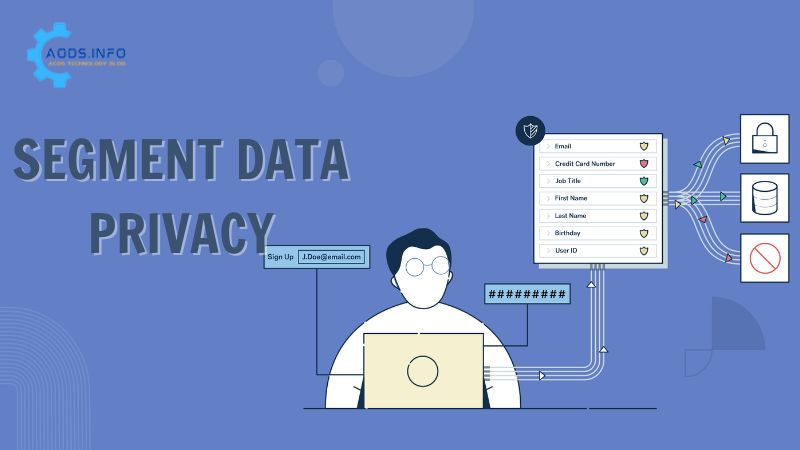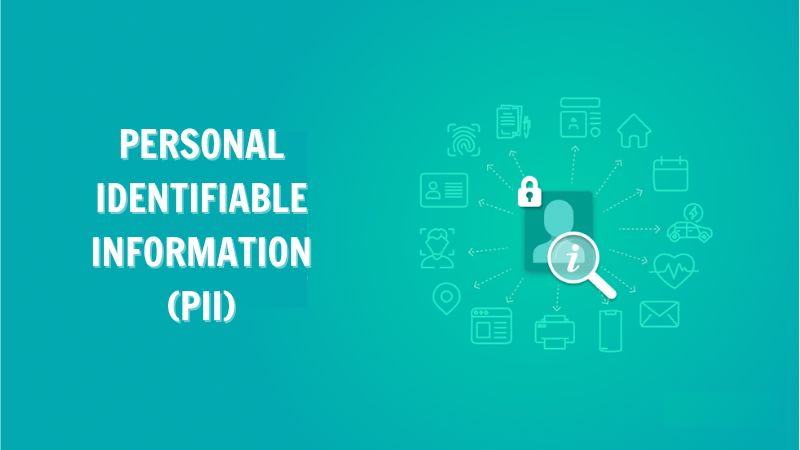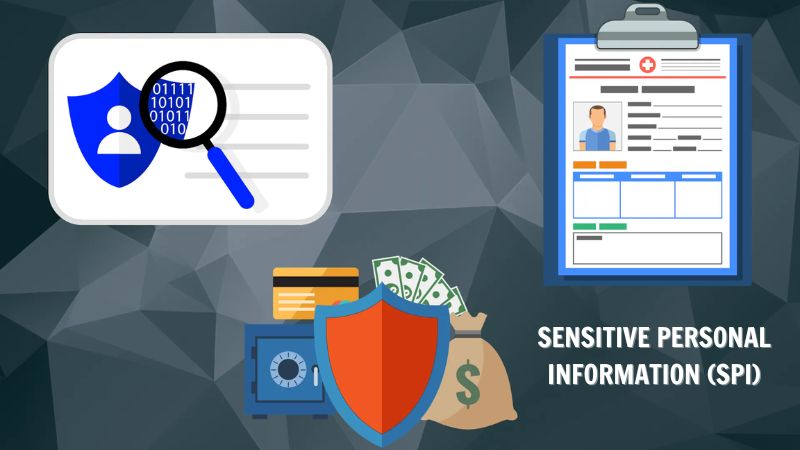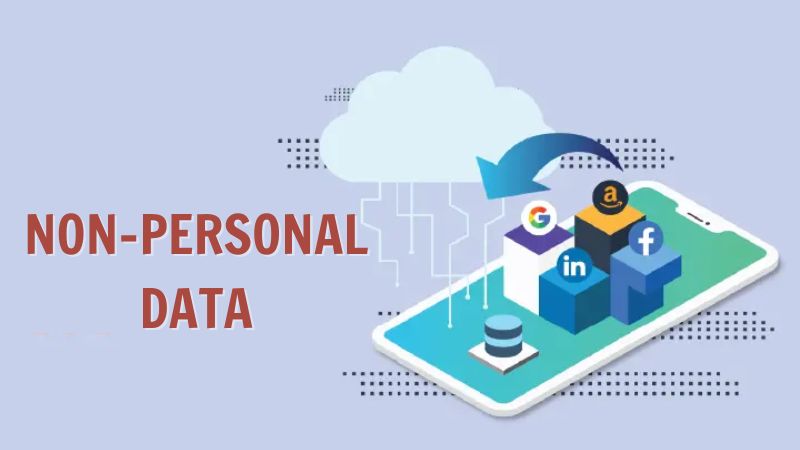In today’s digital landscape, the protection of sensitive information is paramount. With data breaches and privacy concerns on the rise, organizations must adopt proactive measures to safeguard data. One such approach is the strategic segmentation of data privacy. This article by Aods.info explores the significance of segment data privacy and the measures organizations can take to protect sensitive information effectively.
Contents
Understanding Data Segmentation
Segment data privacy involves categorizing data based on its sensitivity and potential risks. This segmentation enables organizations to tailor their security measures to the specific needs of each data segment. The process begins with identifying and classifying the types of data being collected and processed.
Categorizing Segment Data Privacy
Personal Identifiable Information (PII):
Personal Identifiable Information (PII) constitutes the most sensitive class of data, encompassing information capable of directly identifying individuals, including but not limited to names, addresses, social security numbers, and email addresses. Due to its inherently sensitive nature, safeguarding PII necessitates the highest level of protection. Organizations must therefore institute stringent security protocols, employing encryption mechanisms and access controls to thwart unauthorized access or misuse of PII, thereby upholding privacy standards and safeguarding individuals’ personal information from potential breaches or exploitation.
Sensitive Personal Information (SPI):
Sensitive Personal Information encompasses data that, while not directly identifying on its own, can still pose significant privacy risks. This includes medical records, financial information, biometric data, and demographic information. SPI requires strong safeguards to ensure compliance with regulations like GDPR or HIPAA. Organizations must employ encryption, data masking, and other security measures to protect SPI from unauthorized access or disclosure.
Non-Personal Data:
Non-personal data encompasses a wide array of information that lacks direct identifiers and presents minimal privacy risks to individuals. This category encompasses aggregate statistics, anonymized datasets, and generalized demographic information. Despite being less sensitive than personally identifiable information (PII) or sensitive personal information (SPI), non-personal data warrants protection to thwart unauthorized access or breaches. To this end, organizations must institute robust access controls and employ encryption measures to safeguard non-personal data against unauthorized access, misuse, or potential breaches, thereby upholding data integrity and confidentiality standards.
Implementing Protective Measures
Data Access Controls:
Ensuring robust access controls is paramount in safeguarding sensitive data from unauthorized access or misuse. By meticulously delineating access privileges according to individuals’ roles and responsibilities, organizations can mitigate risks effectively. This entails deploying a multifaceted approach incorporating encryption, authentication mechanisms, and data masking techniques to fortify data security both at rest and during transmission. Regular audits and reviews play a pivotal role in maintaining compliance with access control protocols and regulatory mandates, thereby upholding the integrity and confidentiality of sensitive information.
Data Retention and Deletion Policies:
Formulating comprehensive data retention and deletion policies is imperative for mitigating privacy risks and managing data effectively. By adhering to these policies, organizations can limit the accumulation of unnecessary data and reduce the likelihood of unauthorized access or breaches. Securely deleting data when it’s no longer required helps safeguard sensitive information from potential misuse or exploitation. Regular audits and reviews play a pivotal role in ensuring adherence to these policies, as well as compliance with regulatory mandates, thereby bolstering data security and minimizing the risk of data exposure or privacy infringements.
Consent Management:
Securing explicit consent from individuals prior to the collection and processing of their personal data is foundational for nurturing trust and ensuring compliance with privacy regulations. It necessitates transparent communication regarding the intended use of data and affording individuals the autonomy to manage their privacy preferences effectively. This entails implementing sophisticated consent management systems that facilitate clear disclosure of data usage practices and empower individuals with comprehensive options to exercise control over their data preferences, thereby fostering transparency, accountability, and respect for individual privacy rights within organizational data practices.
Advantages of Data Segmentation
The practice of segment data privacy confers a myriad of benefits upon organizations:
- Augmented Security Posture:
- Tailored security measures calibrated to the unique sensitivity levels of each data segment.
- Prophylactic measures that effectively mitigate risks and forestall unauthorized access or exploitation.
- Regulatory Compliance Assurance:
- Assiduous adherence to regulatory mandates such as GDPR, HIPAA, and CCPA.
- Manifesting a resolute commitment to upholding privacy rights and abiding by stipulated norms and regulations.
- Enhanced Stakeholder Trust and Confidence:
- Cultivation of trust and confidence among stakeholders by espousing a robust data privacy ethos.
- Assurances of responsible data stewardship and a steadfast commitment to safeguarding sensitive information.
Conclusion
In conclusion, segment data privacy is a critical aspect of effective data management and protection. By categorizing data based on its sensitivity and implementing appropriate safeguards, organizations can mitigate privacy risks and ensure compliance with regulations. From protecting Personal Identifiable Information to implementing robust data access controls and consent management systems, organizations must prioritize privacy at every stage of the data lifecycle. Only by taking a comprehensive approach to segment data privacy can organizations effectively safeguard sensitive information and maintain trust with their customers and stakeholders.




